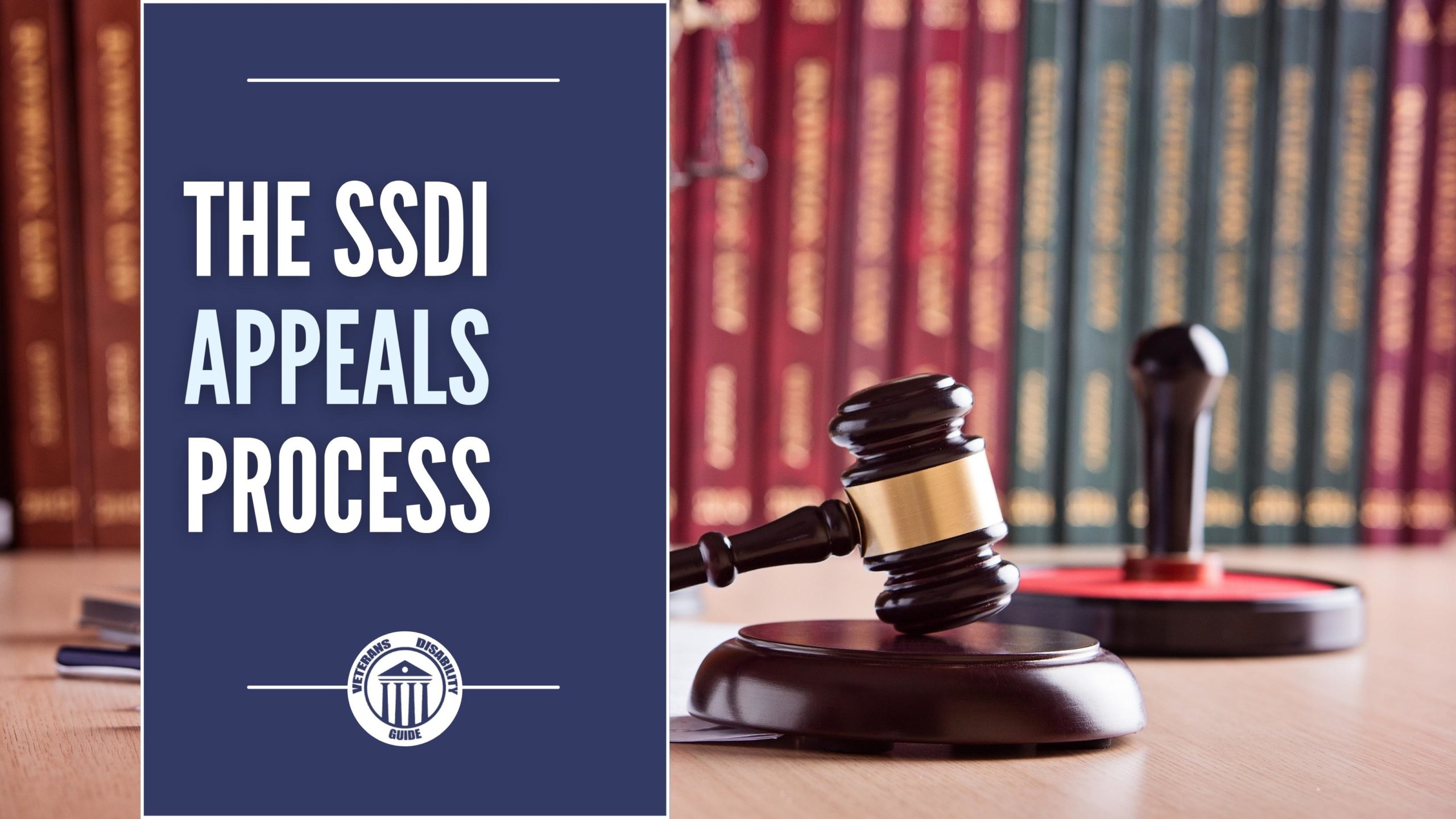
18 Feb The SSDI Appeals Process
Receiving a denied decision on your initial application can be frustrating and discouraging, but it is not uncommon. The SSA reports that nearly 70% of initial applications for disability benefits are denied. If you receive a denied claim, you should begin the SSDI appeals process.
Receiving a Denied Claim
Some believe that if their Social Security disability insurance (SSDI) claim is denied they should file a whole new claim, but this will likely just increase your chances for another denial at the initial application level. If you receive a denied claim it is suggested that the next step you take is to begin the SSDI appeals process.
You should begin this process quickly, as the Social Security Administration (SSA) has strict timelines. Generally, each level must be completed within 60 days of a denial. If you do not follow their timeline you could lose your ability to appeal a claim and have to restart the process from the beginning.
There are four levels to the SSDI appeals process: reconsideration, a hearing with an administrative law judge, review by an appeals court, and a federal court review.
1st Level: Reconsideration
After a denied claim, you have the option to submit your case and request a reconsideration.
At this step your initial application is reviewed again at the Disability Determination Services (DDS) level. The difference is that the examiners reviewing your claim are new. Meaning that your case is being looked at by a different examiner with a fresh perspective on your case.
If the new examiner reviews the evidence of your claim and finds you were wrongfully denied, they can reverse the decision.
It can take anywhere from three to six months to know the results of your request for reconsideration. The odds of having a successful appeal at this level is around 10% to 15%.
2nd Level: ALJ Hearing
If your request for reconsideration is denied, you are able to move to the second appeal level. This level is a hearing with an Administrative Law Judge (ALJ). You must request a hearing with an ALJ within 60 days of your reconsideration denial.
At this level, you can request for your claim to be heard and reviewed by an ALJ. This level also gives you an opportunity to testify on your own behalf and have expert witnesses testify for you. Around 50% of appeals are won at this level, but you should prepare for a wait.
The average wait time for a hearing date can range from five to fifteen months. The SSA will send you a written notice to remind you of your hearing date 75 days in advance. On rare occasions, an ALJ can announce their decision on your case after the hearing. Although it is likely that you will have to wait to hear what they have ruled. This wait can range from two to six months, in some cases longer.
3rd Level: Appeals Council
If your appeal is denied after your ALJ hearing you then have the option to submit your case to an Appeals Council.
An Appeals Council of two to three members will review your evidence, case, and prior decisions made by the ALJ. Based on their review, the council can choose to uphold, change, or reverse the ruling made by the ALJ. They also have the option to order the administrative judge to hear the case again and issue a new decision.
On average it takes about one year for the Appeals Council to review your case and make a decision. The odds of having a successful appeal at this level are low, generally only 1% of applicants have their claim approved. However, close to 10% of applicants who are sent back to an ALJ from the council have a successful claim.
4th Level: Federal Court Review
Your final option for an SSDI appeal is to file a lawsuit with the U.S. District Court. Requesting a Federal Court review will send your case to a federal District judge. The judge will not review any new evidence, they will look over the evidence, testimonies, and prior hearing results from your appeals process.
Only around 2% of appeals are successful at this level. While your case may not be approved at this level, it may not be the end of the line. It is common for a federal judge to send the claim back to the hearing level and request that an ALJ review the evidence again. How long it could take to get a decision at this level ranges as each district court is different, but you can expect a wait of several months, at least.
If you decide to begin the appeals process, it is recommended that you hire legal representation. Often, having the assistance of a disability attorney can significantly improve your chances of a successful claim.
Hiring a Disability Attorney for Your SSDI Claim
To many, hiring a disability attorney seems like an expense that can be avoided. Often people believe that they do not need assistance with filing an SSDI claim or an appeal. This is a misconception, hiring a disability attorney can increase your odds of having a successful claim, and their services come at no cost unless you win.
Victory Disability is a nationwide law firm that specializes in assisting disabled workers get the benefits they have earned and deserve. Take our free evaluation by clicking here.


